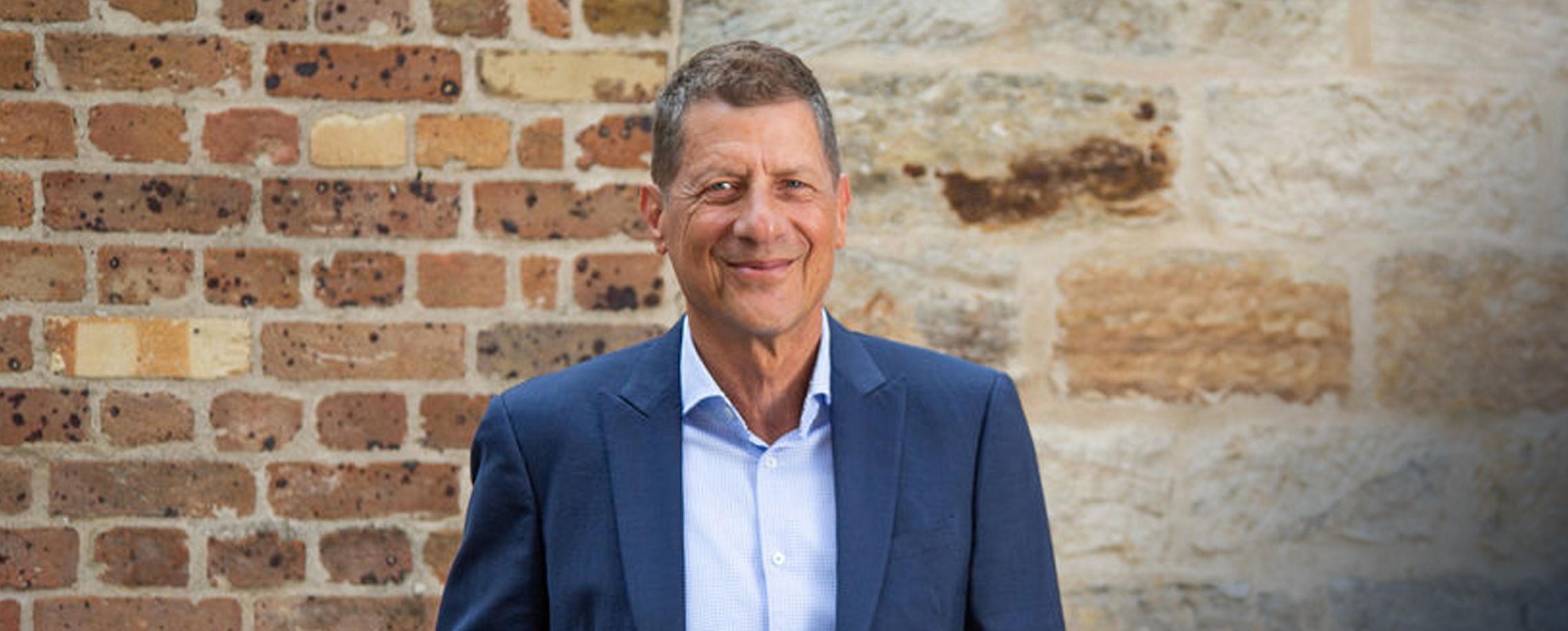
- Author: Steve Vamos
- Posted: November 26, 2024
How Finance Leaders Can Create Clarity in the Face of Uncertainty
Over the last 40 years, I have experienced and worked through multiple waves of technology change, economic shocks, social shifts and most recently, a global pandemic. These changes created uncertainty that I had to work through with people around me. Over time I’ve come to appreciate a few important things that can help create clarity during uncertain times.
Put people ahead of the numbers
People are the source and force of change and also offer the greatest resistance to it because of our natural human reaction to fear the unknown, protect ourselves and hold on to our attachment to past knowledge and success.
Leading through uncertainty starts with understanding and acknowledging people’s fear and creating an environment that makes it safe for them to speak openly and share their concerns. Doing so will also provide a broader picture of the situation you face and from there, the actions you take in the face of uncertainty can be more effective.
As CEO of Xero during the onset of the global pandemic, we had to adjust our budget settings several times during the year in response to the uncertainty we faced.
I was fortunate to have CFO Kirsty Godfrey-Billy as my finance partner, and together we worked to put the best process in place we could to make sure we understood the trade-offs we were making. We did this by listening to the concerns of each member of our leadership team while driving to achieve the expenditure cuts we needed to make.
Some functions were hit harder than others, and while there was plenty of debate and discomfort around the approach we adopted, all members of the team bought into the process unselfishly because they, like Kirsty, were motivated to put Xero first.
Apply the right mindset to deal with uncertainty
Experience has convinced me that the fate of organisations and teams is defined by how their leaders and people think when confronted by change. A mindset that holds on too tightly to what worked and was the source of past success can be dangerous. As Bill Gates said, “success is a lousy teacher”.
Conditioning and experience have shaped leaders (like me) across most areas of our economy and society to default to a control-oriented, mistake-averse and know-it-all way of thinking. Financial reporting and OH&S procedures are examples of processes where this way of thinking is appropriate because you want consistency and predictability.
However, in the face of change, finance leaders who will fare best are those who apply an open mindset, enable others, are willing to take risks and make mistakes, and value learning more than knowing.
Move quickly from ‘What happened?’ to focus on ‘Now what?’
Responding to uncertainty demands that you move quickly from being immersed in what has happened and the normal human feeling of being a victim, to considering the consequences and deciding the most important priorities for action.
At Xero, during the pandemic, this translated to focusing our efforts on the health and safety of our people, doing what we could to help Xero customers, and where necessary, significantly reshaping operating plans and budgets to allow time to understand the full implications of what was going on.
Unexpected change in priorities will naturally create disruption and tension as senior team members adjust to the new parameters. At times like this, finance leaders can play a key role in moving quickly to identify and achieve clarity about what matters most in changed circumstances.
Encourage difficult conversations
Words are all we have. Our capacity to change things for the better is defined by the frequency, speed and quality of the conversations we have, particularly the uncomfortable ones. Honest and direct feedback is fundamental to dealing with uncertainty.
Finance leaders can make a significant difference by encouraging difficult conversations around critical business decisions such as prioritisation and the benefits of doing fewer things better.
I believe you can say the hardest things in a humane way if you really care about people and take the time. Stay calm, objective and grounded and show respect for those impacted.
Overcoming the fear of having difficult conversations can be stressful but with experience you gain confidence and see the benefit for all. Have the courage to step up and each experience will set you up better for the next.
Author – Steve Vamos
Steve Vamos has over 40 years’ experience in the tech industry in the USA, Australia, New Zealand and Japan. A former CEO of Xero, Steve has been an executive leader with Microsoft, Apple, ninemsn and IBM.
Steve’s new book, Through Shifts and Shocks: Lessons from the Front Line of Technology and Change and is available online and in bookstores. You can order your copy today at Amazon.








